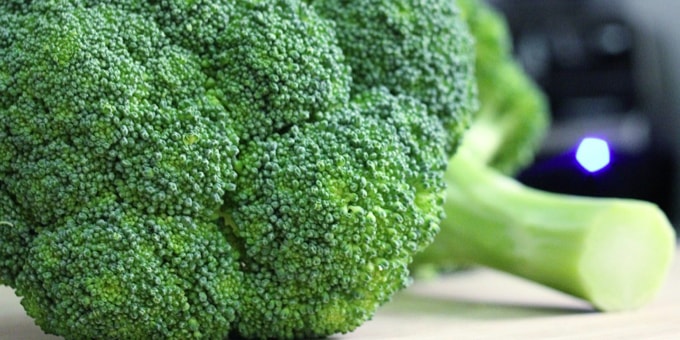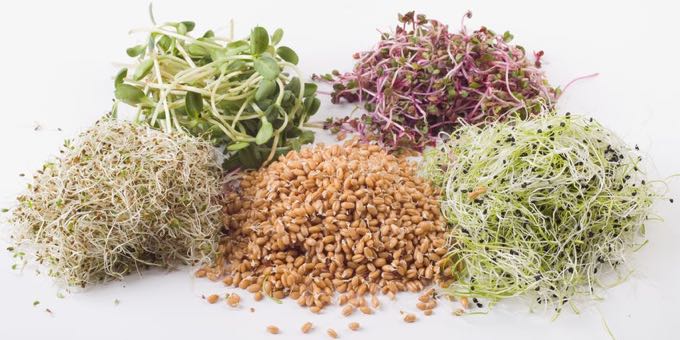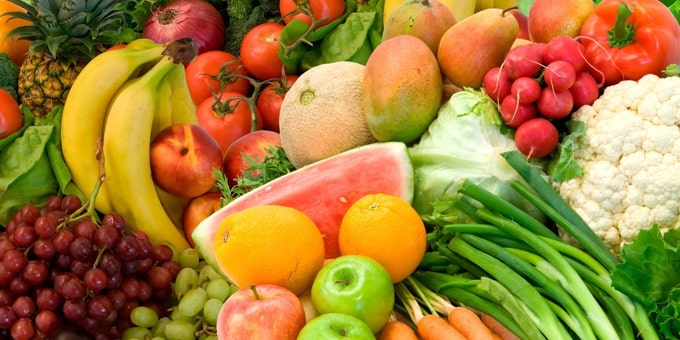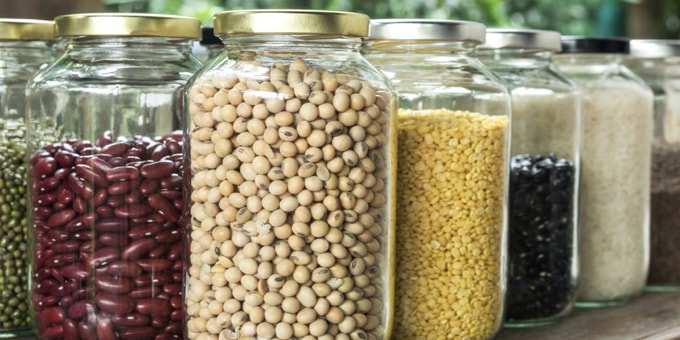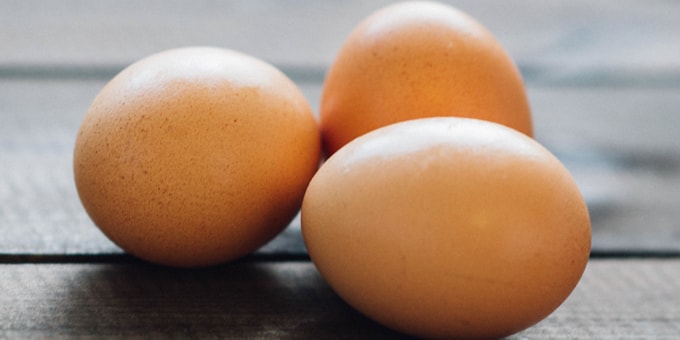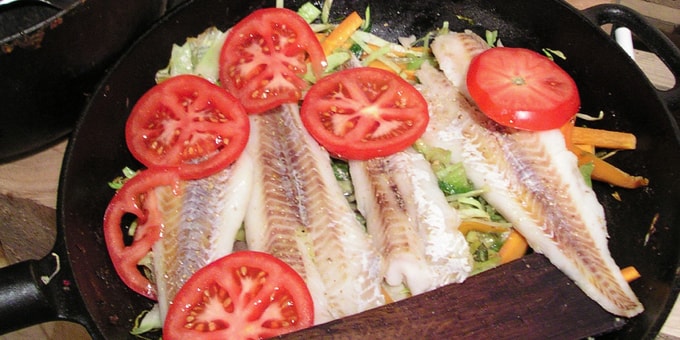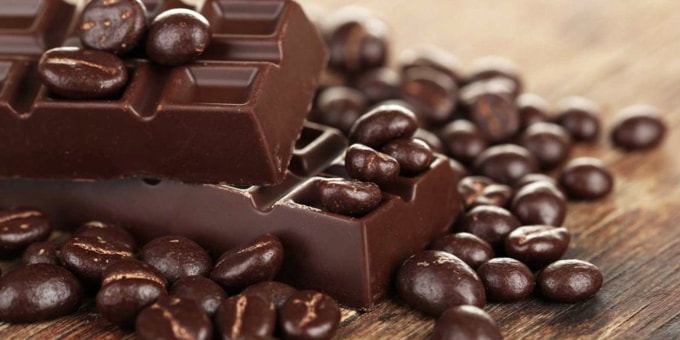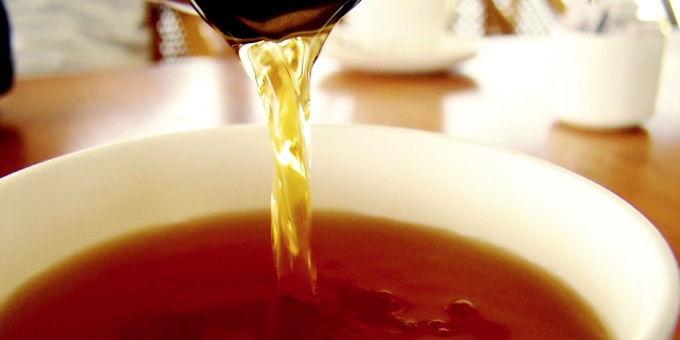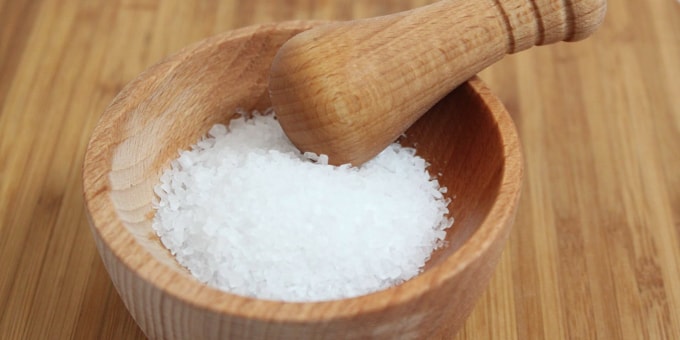SAY YES TO BROCCOLI!
When shopping in the produce section, you may notice the small green trees near the vegetables. Although these trees appear to be small, their nutritional content is anything but. What are these powerhouse trees mentioned above?…Broccoli – the all-star food with many health benefits. While low in calories, broccoli is rich in essential vitamins and minerals, including fiber.
Broccoli belongs to the family of vegetables called cruciferous vegetables and its close relatives include cauliflower, cabbage, and brussel sprouts. Broccoli is essentially a large edible flower or as many young kids refer to as small trees. The head of it is a collection of many small green flower buds called florets, which if not harvested on time will become small yellow flowers. Both the stalk and the head of the broccoli are edible and packed full of vitamins and minerals.
FULL OF GOODNESS
What are these vitamins and minerals? A cooked cup of broccoli offers as much vitamin C as an orange and very high in vitamin A. Broccoli also contains carotene and folate. Also, a cup of cooked broccoli has as much calcium as four ounces of milk and provides ten percent of the daily recommended iron requirement. Other nutrients in broccoli are magnesium, potassium, and zinc. A major benefit of broccoli is it is low in calories but contains fiber. Because of the fiber content, snacking on it will help keep you feeling full longer but not with the added calories. Dip your fresh broccoli in a light dressing or hummus for a zest!
Below is a listing of a few of the benefits the vitamins and minerals can have on your body:
- Vitamin K – essential for the functioning of many proteins involved in blood clotting
- Vitamin C – builds collagen, which forms body tissue and bone, and helps cuts and wounds heal. Vitamin C is a powerful antioxidant and protects the body from damaging free radicals.
- Fiber – diets high in fiber promote digestive health. A high fiber intake can also help lower cholesterol.
- Potassium – a mineral and electrolyte that is essential for the function of nerves and heart contraction.
- Folate – is necessary for the production and maintenance of new cells in the body.
COOKING TIPS
There are many cooking methods for broccoli, but the different methods can have an impact on the nutrient content and health benefits. Boiling can leach up to 90 percent of the valuable nutrients from broccoli, while steaming, roasting, stir-frying, and microwaving tends to preserve the nutrients. One of my favorite ways to enjoy it is roasting by it. Place fresh broccoli on a metal baking sheet lined with aluminum foil and spray with cooking spray. Sprinkle a pinch of salt and some Parmesan cheese over the florets and roast at 450 degrees for about 15 minutes, and enjoy!
Including it in your diet can be quite beneficial and tasty! Whether you enjoy broccoli in a an egg omelette, as an afternoon snack or as a side dish for dinner, broccoli is a versatile vegetable that can be enjoyed at any time of the day.
Dishin’ Out Healthy – Health Educator: Nichelle
“Let thy food be thy medicine and thy medicine be thy food.” – Hippocrates

